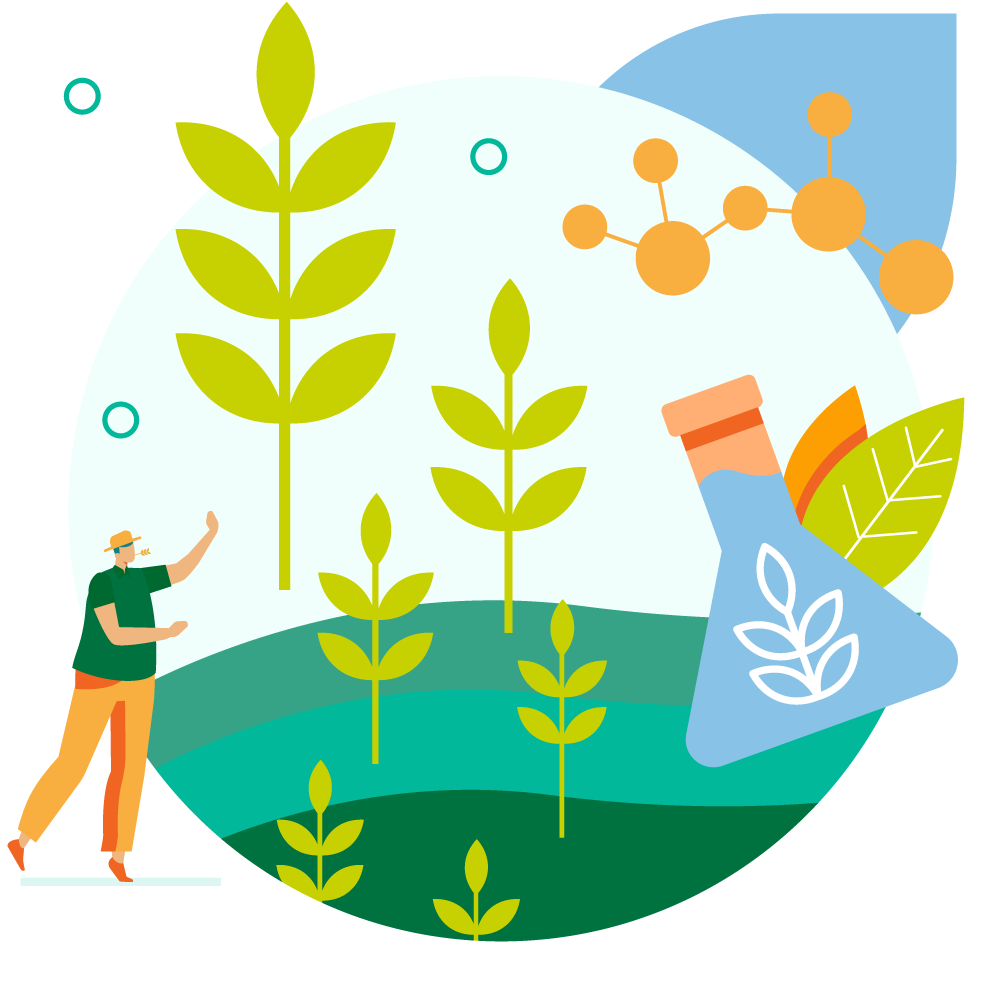For millennia, farmers have improved their crops and plant breeding is as old as agriculture itself.
Farmers and scientists use many different techniques to benefit from a plant’s natural genetic diversity to produce plants with beneficial characteristics.
Plant biotechnology allows scientists to pinpoint specific changes in a plant and develop new varieties with targeted desirable characteristics. This makes them better adapted to the effects of climate change and better protected against pests and diseases while ensuring food and nutritional security and increasing sustainability.

NGTs complement traditional plant breeding methods to speed up the development of resilient plant varieties, so making agriculture more sustainable.
Farmers in other regions of the world have started benefiting from this innovative solution, but the EU is yet to embrace the potential of NGTs.
Our sector believes that NGTs will contribute to Europe’s Green Deal and Farm to Fork objectives provided the EU urgently adopts a specific science-based regulatory framework.
Such regulatory framework will encourage R&D investments and thus allow farmers to choose between different plant breeding techniques in the transition towards a more sustainable and resilient agriculture.
GMO Product Information
Click here for a list of the GMOs for which an authorisation for placing on the market in the EU.